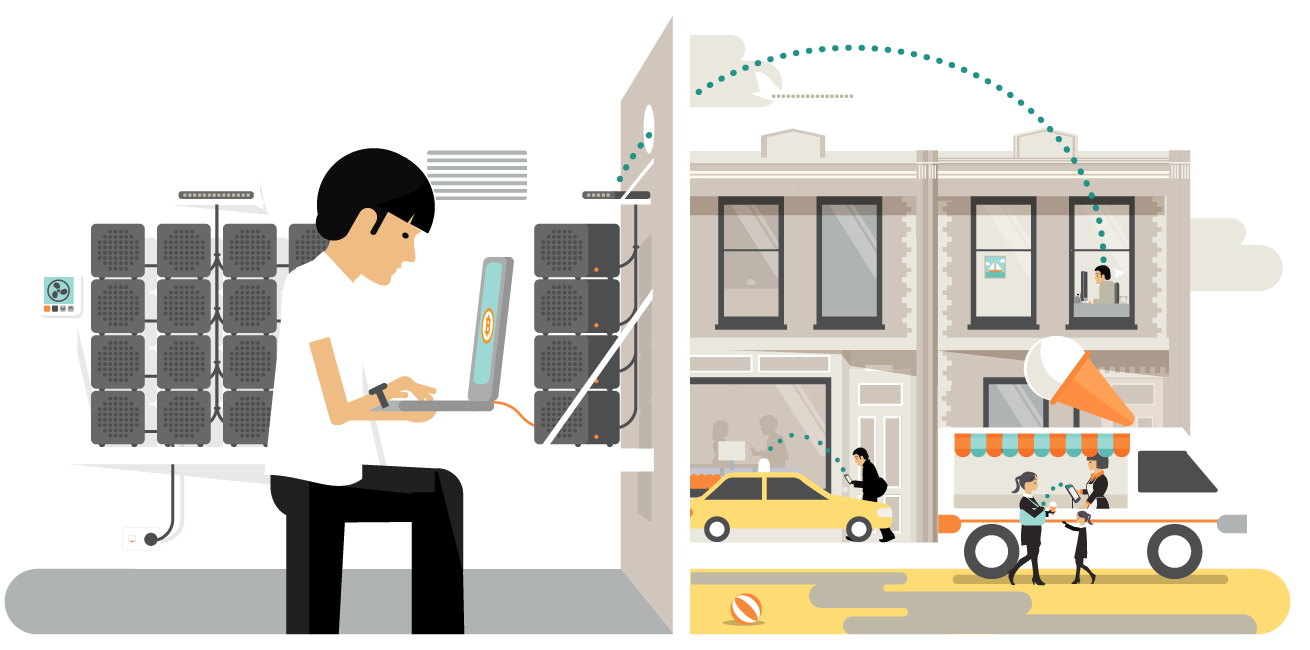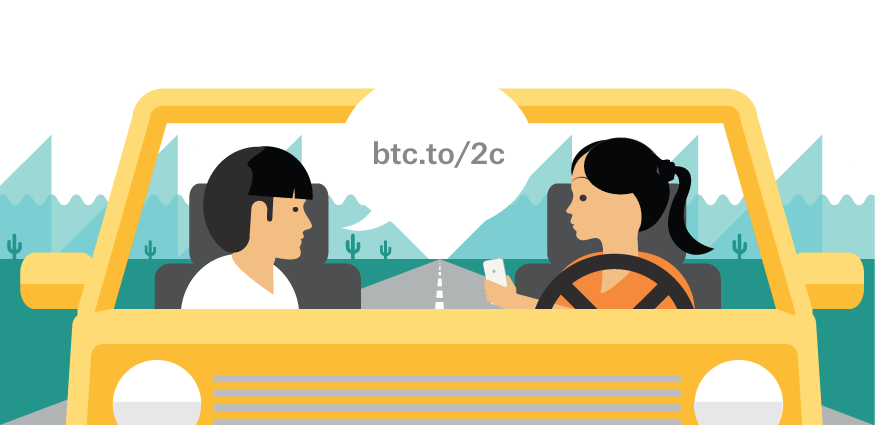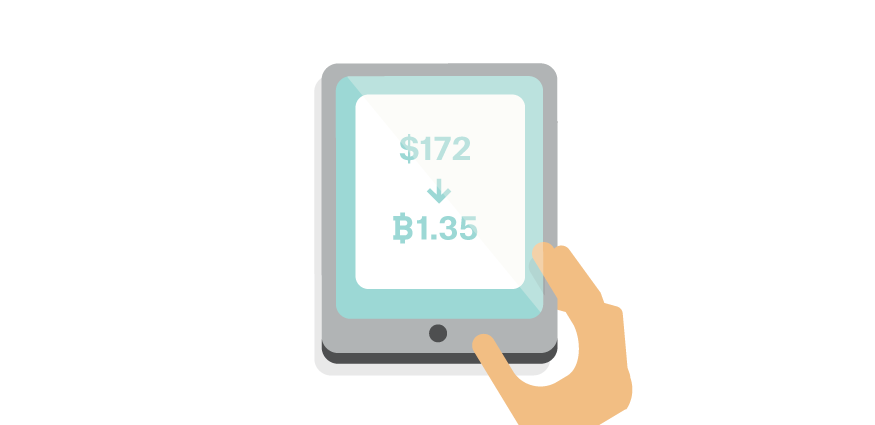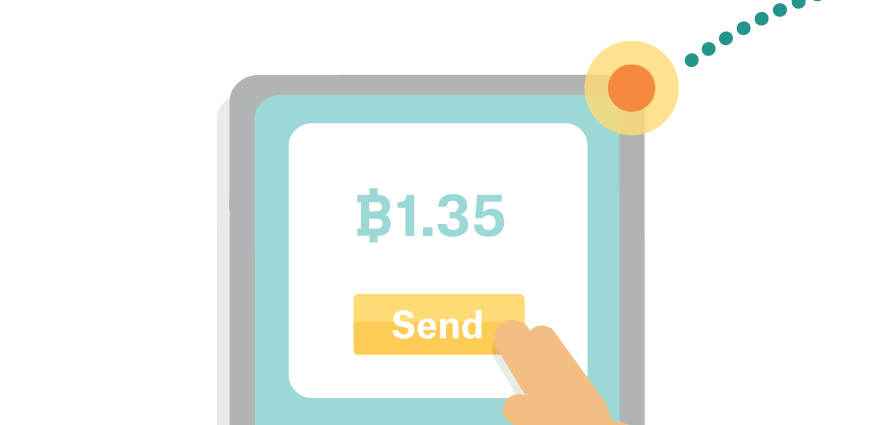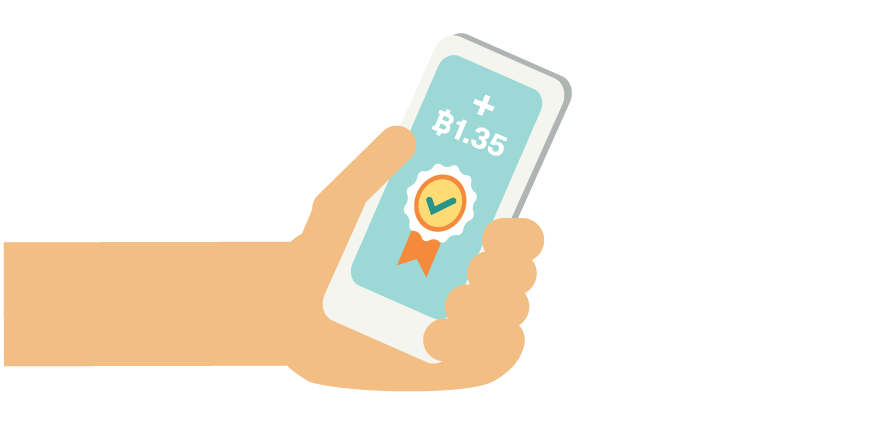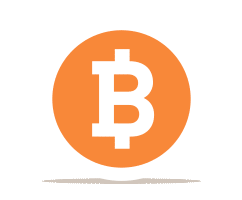
How is it created?
Instead of being made on a printing press or by a central authority, Bitcoins are created through software available to anyone. Individuals and groups willing to dedicate computer processing power to support the Bitcoin network are rewarded with Bitcoins for their work. This process is known as mining. Most Bitcoin users do not mine, but purchase or trade for their Bitcoins. Mining doesn't affect the average Bitcoin user much, but is still a very important part of the Bitcoin ecosystem.

